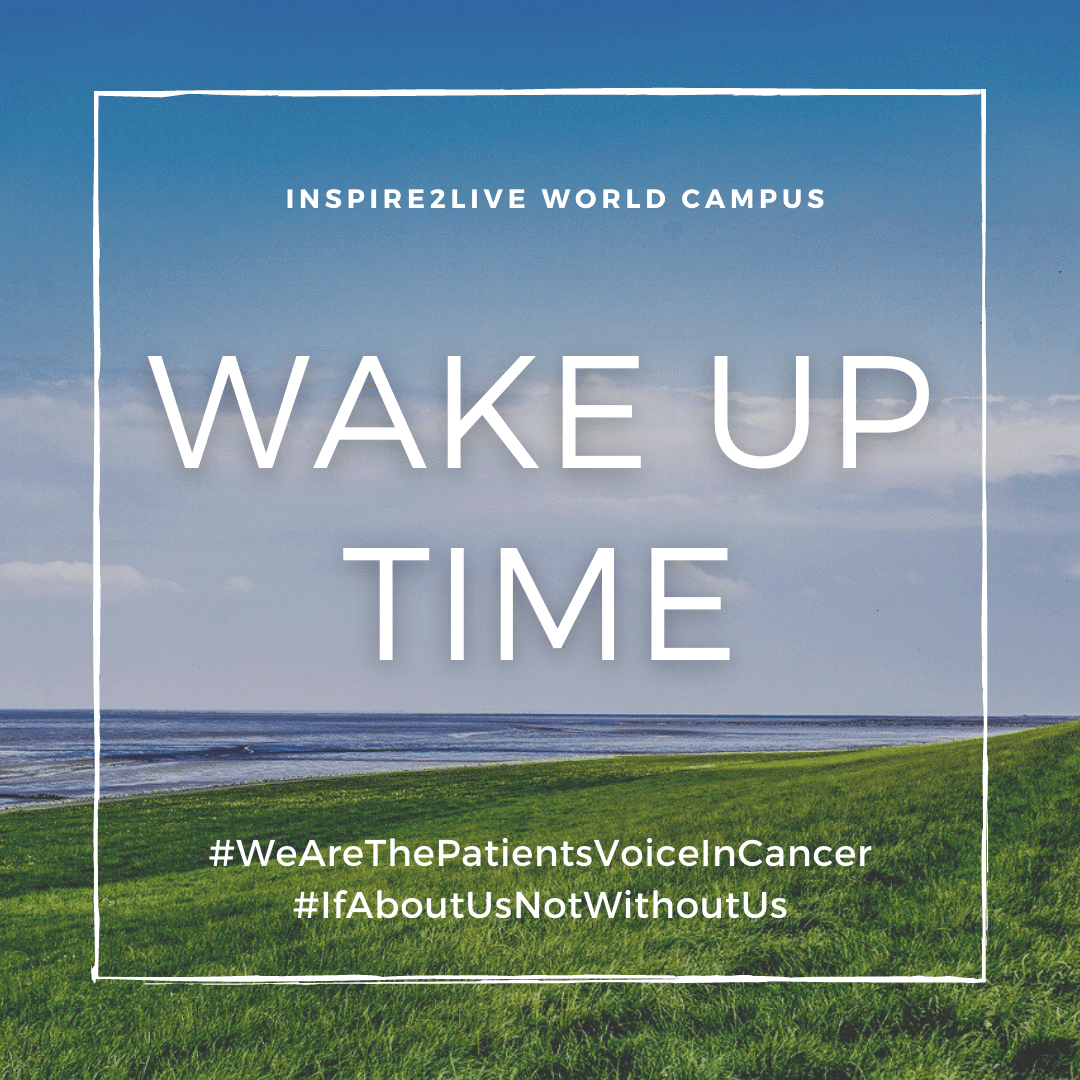It is currently “cucumber time”, or the slow news season, that time during the summer months when people have time to think, instead of work, and I want to take advantage of this to generate a vision for the future of Inspire2live and the importance of the World Campus. In this update I will talk namely about three things: climate change, water and democracy.
Last week the Intergovernmental Panel on Climate Change published its 6th assessment report and The Guardian newspaper reported on this under the following headline[1]: “IPCC report’s verdict on climate crimes of humanity: guilty as hell”. But I don’t want to talk about climate change. I want to talk about cancer and I am sure that the verdict for cancer is no different: we are as guilty as hell.
Epidemiology does not lie. If COVID-19 is teaching us one lesson, day after day, it is to listen to the numbers which start by whispering before shouting in our ears to get our act together.
In 1953, in the province of Zeeland in the southwest of The Netherlands, the spring tide caused floods which killed 1837 people overnight. It showed my country to be vulnerable to the dangers of high water levels. While the catastrophe caught us by surprise, together with the fact that an ancient water governance system in place did not prevent the disaster, it did, however, provide a compelling reason for this democratic institute to lead legitimate environmental changes to reduce future flood damage. Whoever admires the Dutch landscape for its remarkable mix of green spaces and cityscapes should know that it is based on rational planning and one element of this is how to channel water in the event of flooding.
The ancient water governance system is called “waterschap”, or water board in English, and this is how the Dutch got their act together. What started as locally organised collective action around the year 1000 AD, has since become a strong, independent functional-driven democratic institute.
We know we would be guilty as hell if we didn’t anticipate future flooding. We know this concern with floods should rise above the interests of day-to-day and year-to-year politics and the same holds true for cancer. Anticipating cancer means preventing cancer and it’s a concern that should rise above the interests of short- and even medium-term policy interests.
The COVID-19 pandemic must act as a wake-up call. It is time to build resilient intergovernmental structures to reduce the burden of cancer. We need water boards for cancer, so that prevention, diagnosis, treatment and care are independent of the whims of climate change and other calamities. Period.
Jan Gerrit Schuurman
Patient Advocate Inspire2Live

